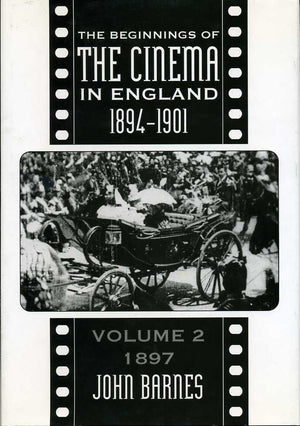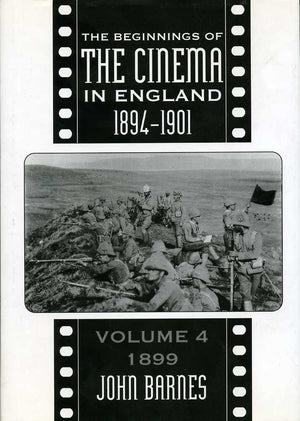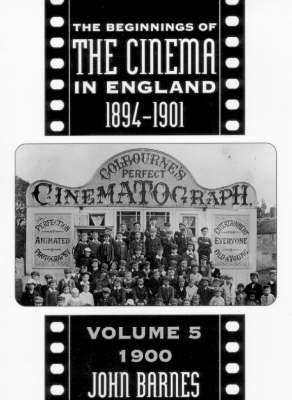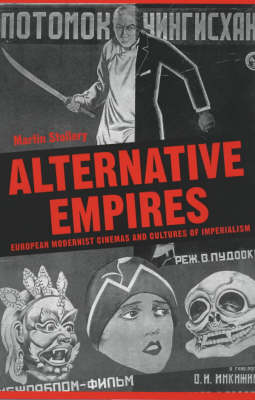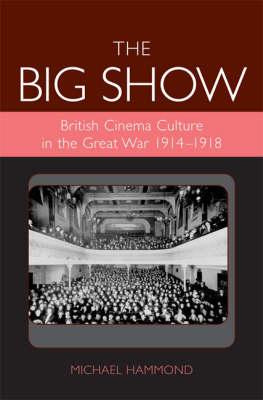University of Exeter Press
Army, Empire and Film
British Imperial Conflict on Screen
Couldn't load pickup availability
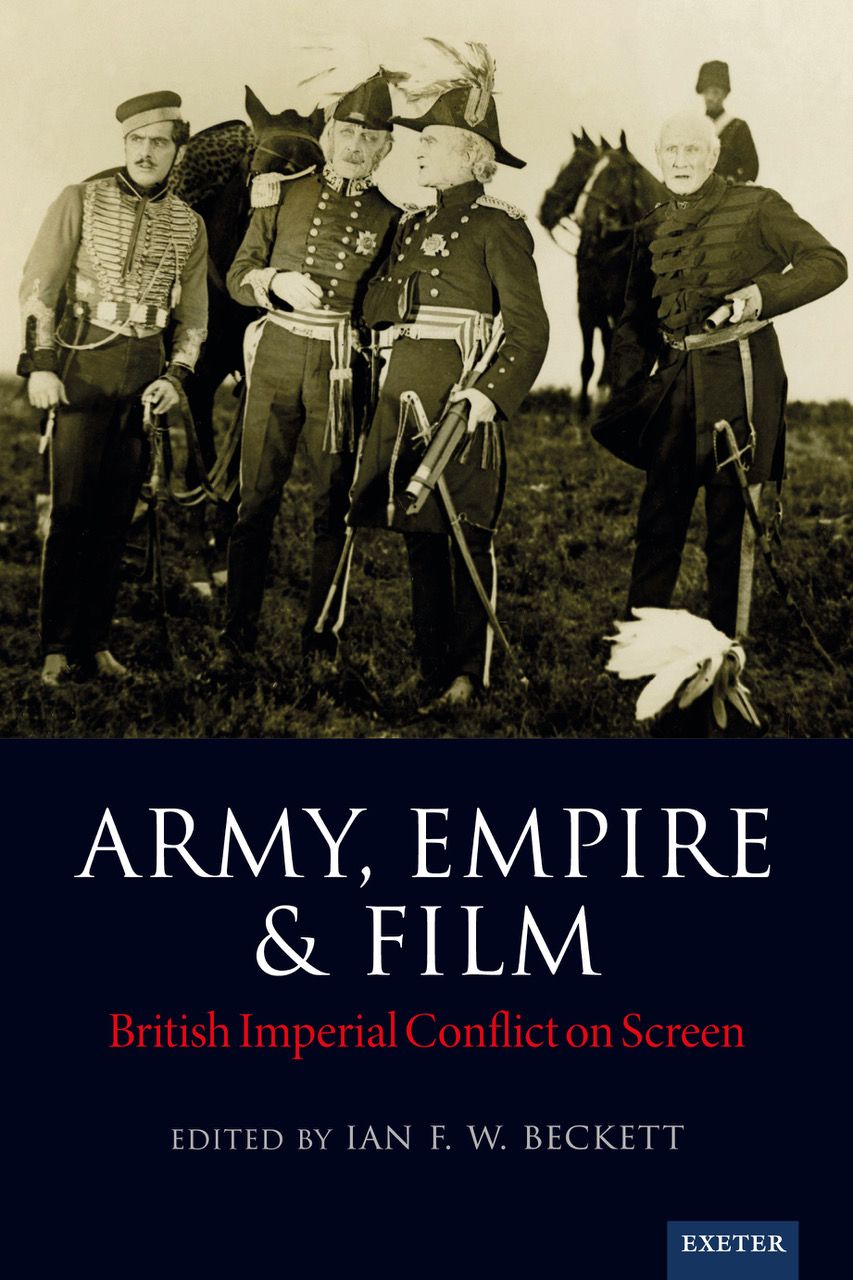









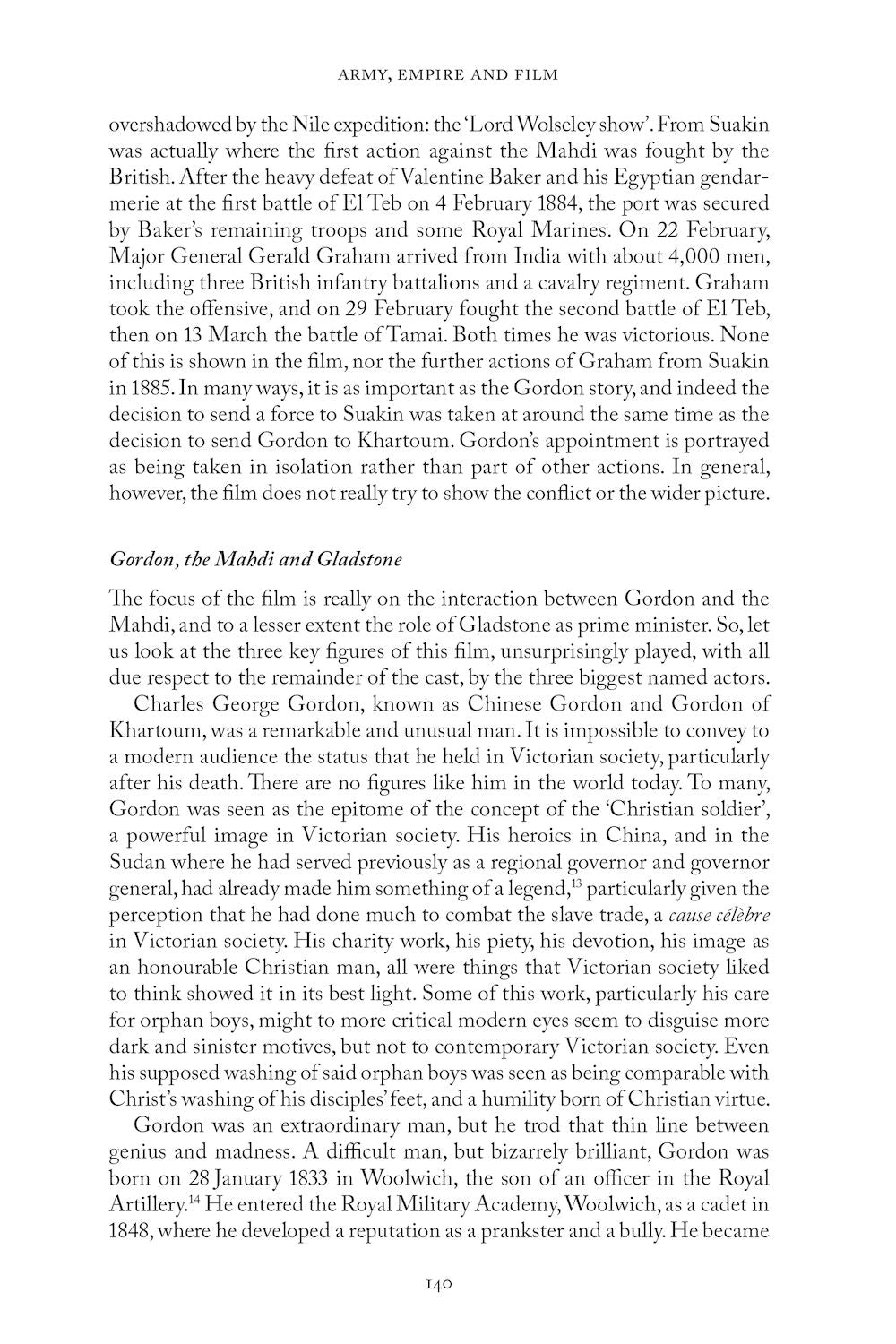
- 224 Pages
Marking the sixtieth anniversary of the premiere of Zulu, starring Stanley Baker and Michael Caine, this volume brings together contributions from leading military historians to analyse changing depictions of the British Army and its role in nineteenth- and early twentieth-century colonial conflict in the cinema of empire. The first comprehensive study of the British Empire in film for over 20 years, the book’s focus on feature films rather than documentaries sets it apart from other scholarly treatments.
Chapters explore early re-enactments in the silent era, classic Hollywood and British imperial adventure in the 1930s such as Charge of the Light Brigade, Gunga Din, and Korda’s The Four Feathers, before moving on to the beginnings of more nuanced treatments in the 1960s such as Zulu and Khartoum amid increasing decolonisation, and then to contemporary post-imperial cinematic critiques in Afrikaner, Hindi and Maori-language films. A comprehensive filmography is included, with over 200 cinema and television films relating to the British Army’s role in colonial conflicts prior to 1939.
The book will be valuable to students and lecturers in film studies, military history, imperial history and cultural history, as well as a wider audience interested in military history and cinema.
Fascinating, significant and well-written, this collection on the film history of Victorian warfare offers much to the general reader and also those interested in Empire, War or Film History. Far better than anything else in the field, this book whets the appetite for similar volumes.
Jeremy Black, author of Imperial Legacies
An enjoyable and even exhilarating read: collected here are ten essays by experts, each at the top of their game, and with an esprit de corps worthy of the subject material. The Victorian British army is one of those instantly recognizable settings for cinema, like the London of Sherlock Holmes or Wild West of Billy the Kid. In this book that setting becomes a window on the times depicted and the shifting interpretations of later generations. With attention to the views of victor’s and victims; colonizer and colonized this collection represents the state of the art and is unlikely to be matched for many years to come.
Nicholas J. Cull, co-author of Projecting Empire: Imperialism in Popular Cinema
A fascinating book – Ian Beckett and his contributors review how the cinema of empire has evolved, reflecting changing cultural values, similarities with Westerns, and in parts of the former empire, nation building and national myth making. By juxtaposing histories of imperial film making with concepts from film studies and the detail of historical or literary record, they have produced a fascinating account of films that often had spectacular landscapes, dramatic action and memorable moments.
Edward M. Spiers, Professor Emeritus, University of Leeds
This welcome collection explores the cinematic representation of Britain's 'little wars of empire' from the perspective of both the colonial armed forces and their hitherto overlooked antagonists. Fully embracing the cultural turn in military history, Ian Beckett and his contributors demonstrate how both sides have made highly effective use of the most potent propaganda tool of the twentieth century to create pervasive narratives and images that continue to resonate today. Army, Empire and Film is an important new addition to the growing scholarly interest in the military and its media image.
James Chapman, Professor of Film Studies, University of Leicester (UK), and author of The British at War: Cinema, State and Propaganda, 1939-1945
1. Introduction Ian F.W. Beckett
DOI: 10.47788/HSFJ9287
2. Valleys of Death: Putting the Crimean War on Film Mark Connelly
DOI: 10.47788/AZLE8367
3. Hindi Cinema, the 1857 Mutiny and Representation of the British Empire Kaushik Roy
DOI: 10.47788/PUEW6066
4. ‘Dwarfing the Mightiest, Towering over the Greatest’: Cinematic Representations of the Anglo-Zulu War and Zulu History Ian Knight
DOI: 10.47788/XKUC4263
5. Mr Kipling’s Celluloid Soldiers Ian F.W. Beckett
DOI: 10.47788/TYJR8091
6. One Book and Seven Films: The Four Feathers Rodney Atwood
DOI: 10.47788/UIJZ7888
7. The Four Feathers (2002): A Re-enactor’s Nostalgias Graham Gillmore
DOI: 10.47788/CGCN4933
8. Khartoum: End of A Cinematic Era Christopher Brice
DOI: 10.47788/PCIA1751
9. Dominion Conflicts on Screen Ian F.W. Beckett
DOI: 10.47788/KWDK3619
10. Afrikaans Films on the Anglo-Boer War of 1899–1902 André Wessels
DOI: 10.47788/GEZH1418
- 224 Pages





























